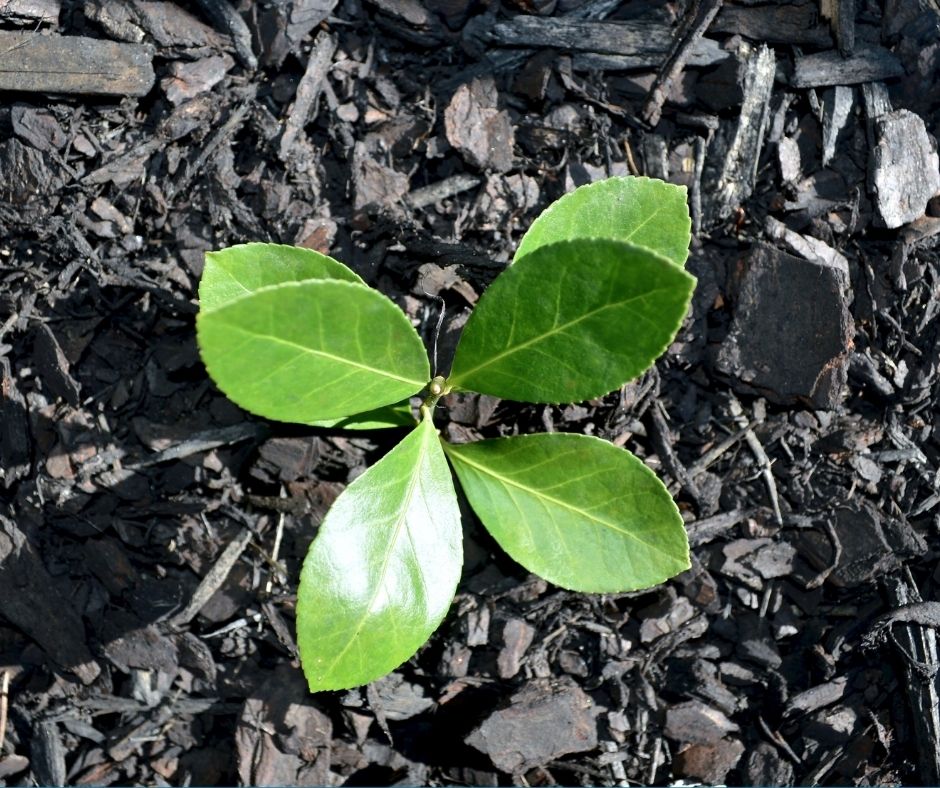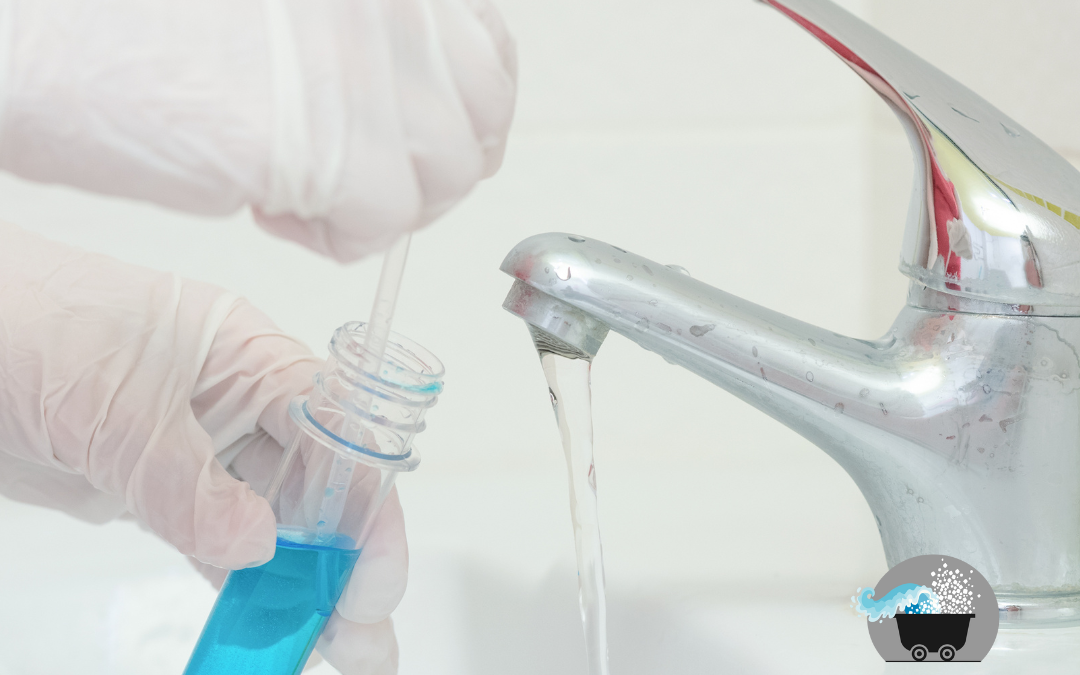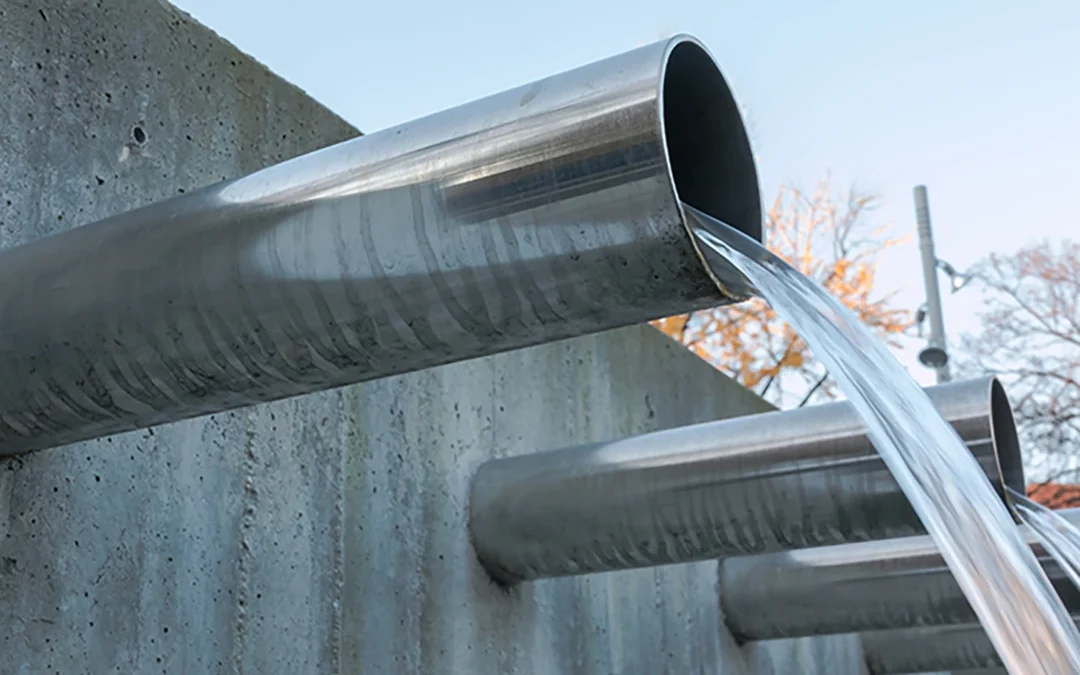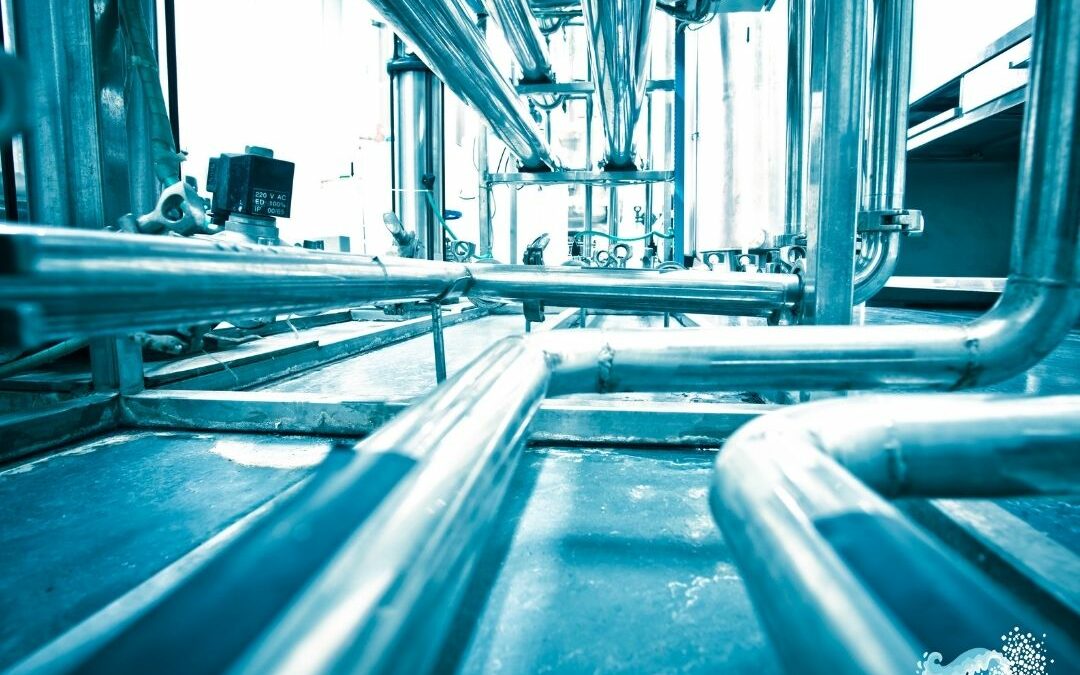Did you know that 85 percent of homes in the U.S. have hard water? With statistics like that, it’s no surprise that residential and commercial water softeners are so popular. And, there’s no question that softened water comes with a lot of benefits:
- No more water spots on silverware and dishes
- Higher efficiency of water-using appliances due to less mineral buildup
- Softer skin and hair
- Reduced quantity of soaps, shampoos, and detergents needed
- And more …
But, softened water can have negative effects as well. That’s the part that very few people talk about. We’d like to show you some of the downsides of softened water. Then, you can choose a soft water solution for your home or business that will benefit both you and the environment in which you live.
3 Facts About Softened Water You May Not Know
#1: Plants don’t like softened water.
It’s no secret that plants need water in order to live. For them to thrive, however, they need water with the right nutrients.
When plants are watered with softened water, they get too much of one thing they don’t need – salt. That’s because many of the water softeners used today are salt-based. Hard water minerals are replaced by salt ions. Then, that salty brine makes its way into the environment via septic systems, water treatment plants, and other sources.
#2: Salt from softened water affects soil permeability.
A lot of wastewater today gets recycled for another use, including irrigation and other agricultural purposes. However, wastewater plants are not able to completely remove dissolved salts from the water. As this salt makes its way into soil, it depletes the soil of vital nutrients and can negatively impact its permeability. This can then lead to stunted plant growth and lower crop yields.
#3: Using soft water for irrigation can lead to overwatering.
While recycling softened water can be beneficial for water conservation efforts, it can lead to another problem – overwatering. That’s because salt from soft water builds up in the soil and makes it more difficult for plants to get the water they need. People compensate by watering more, which defeats the purpose of recycling water in the first place.
The Salt Miner is an Eco-Friendly Soft Water Solution
So, what’s the solution? Live with hard water? Not necessarily. The best solution for salt contamination is controlling the source of the salt. In this case, that means using a salt-free water softener. Or, you could add the Salt Miner onto your existing water softener.
The Salt Miner works by ‘mining’ the salt out of the water softener’s wastewater before it is discharged into the drain. The salt is then collected for recycling or proper disposal. So, there’s no reason to live with all the side effects of hard water OR the negative effects of salt contamination.
To learn more about the Salt Miner as an environmentally friendly soft water solution, contact us today.





